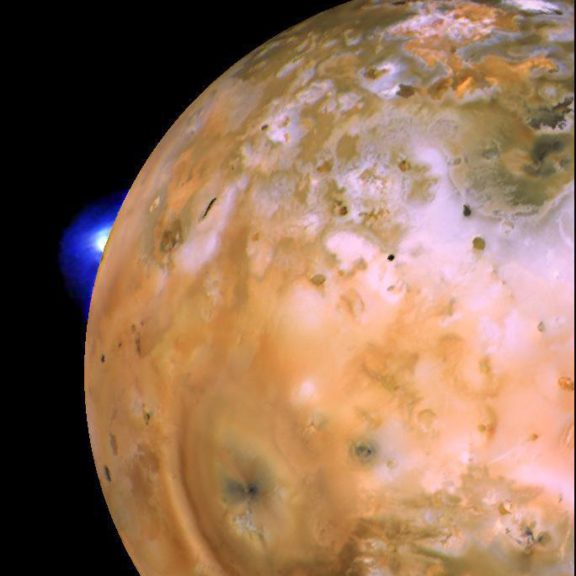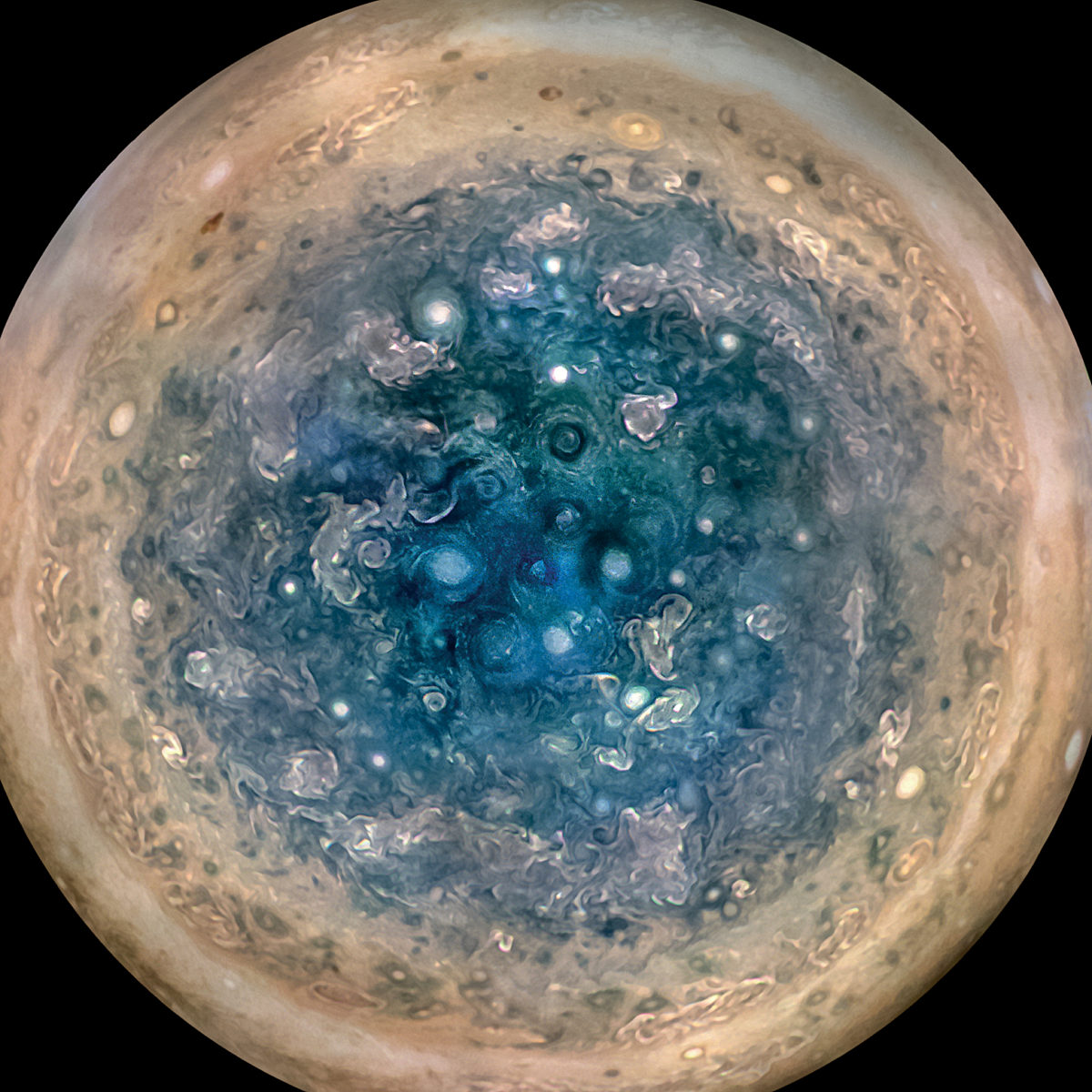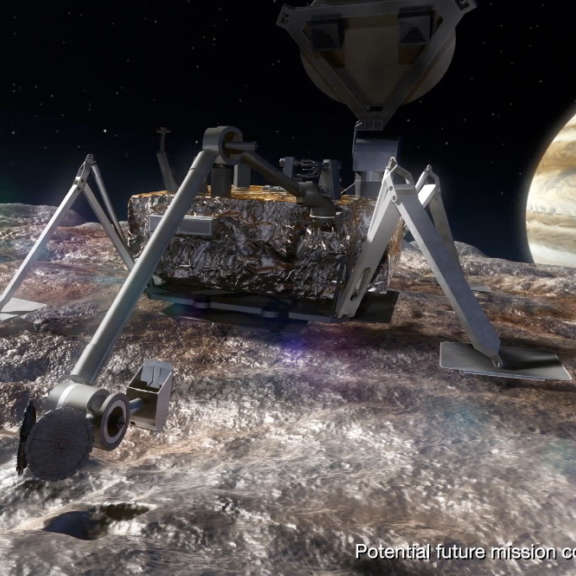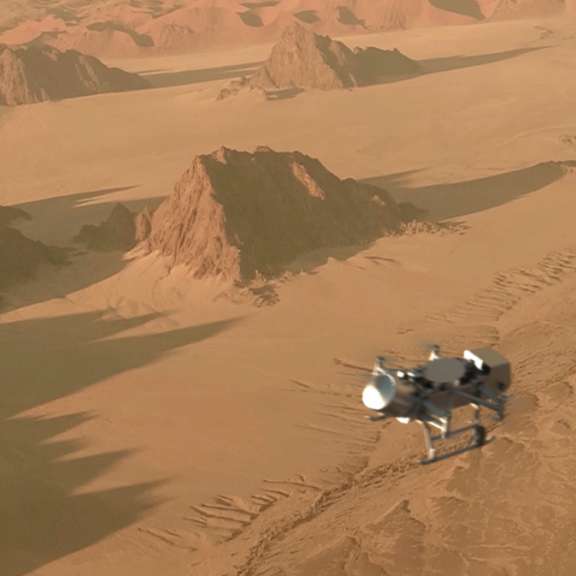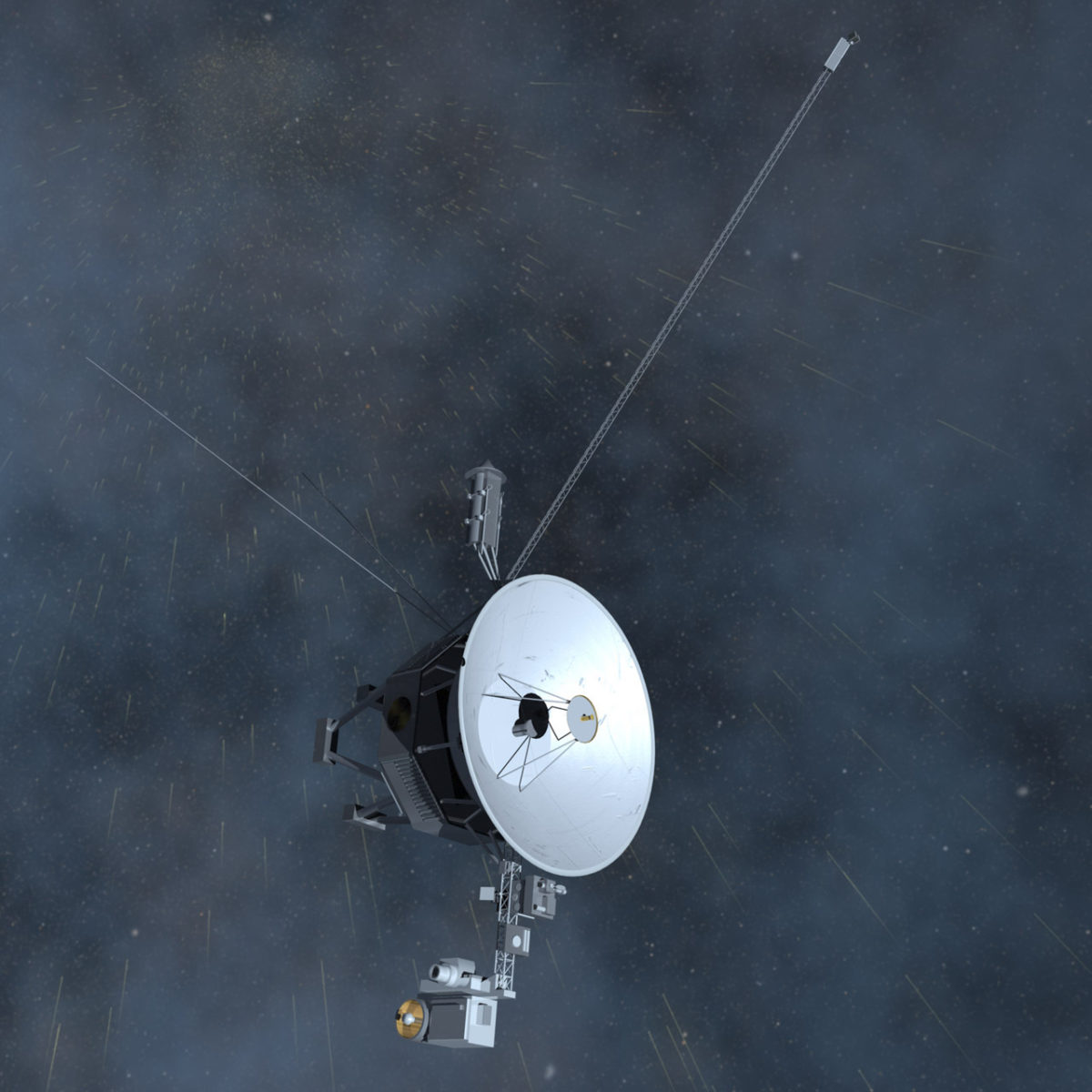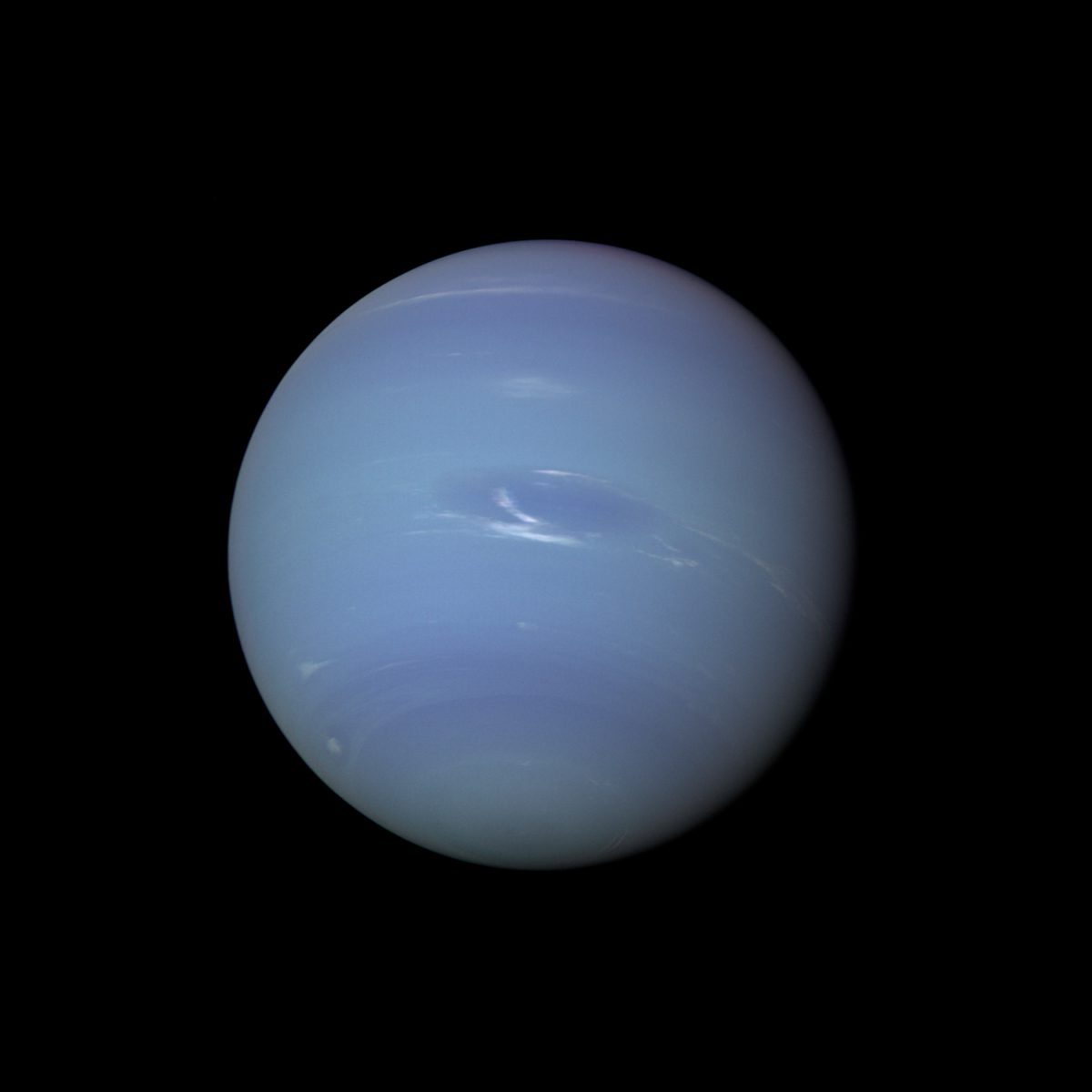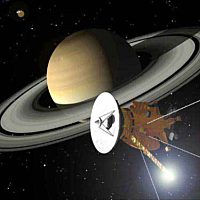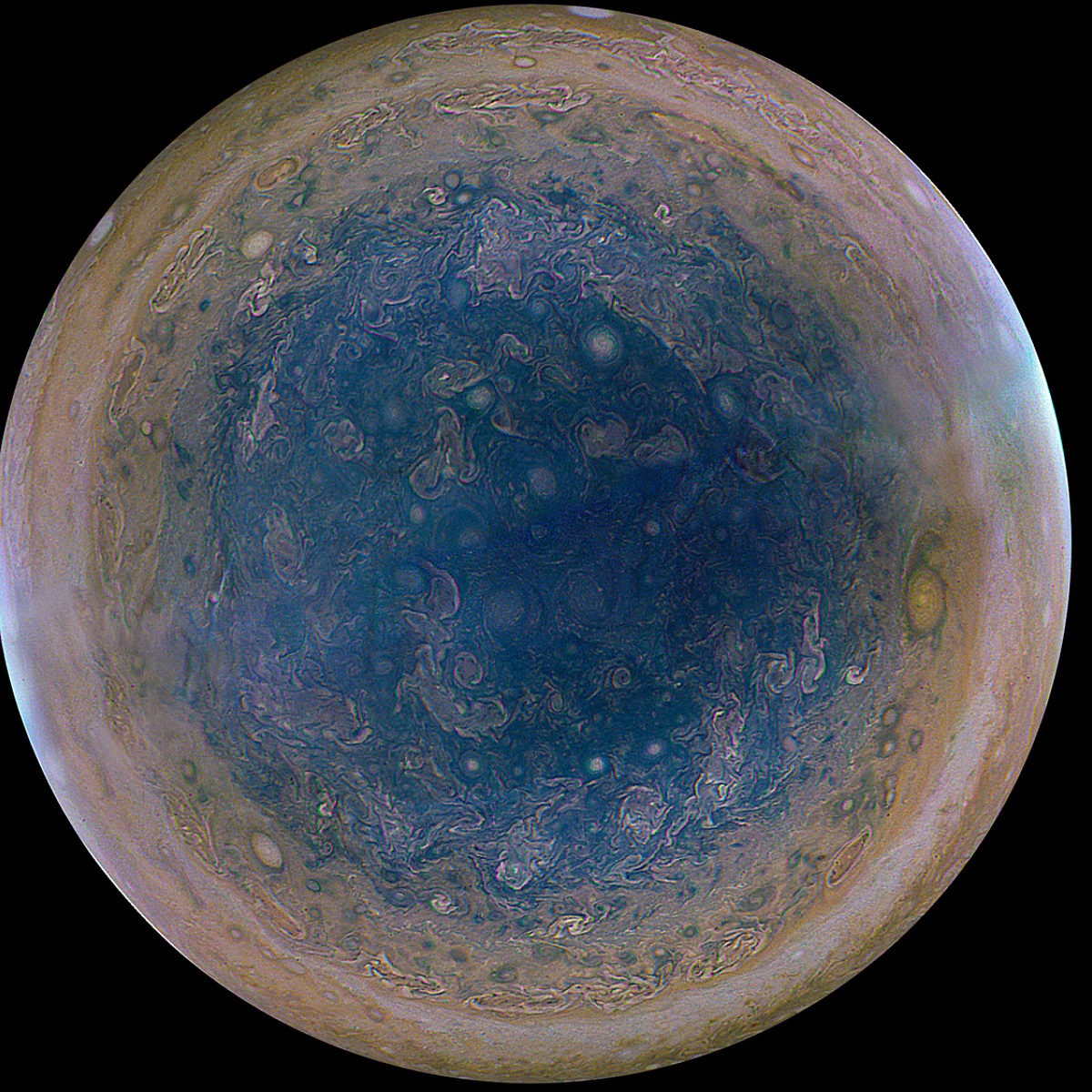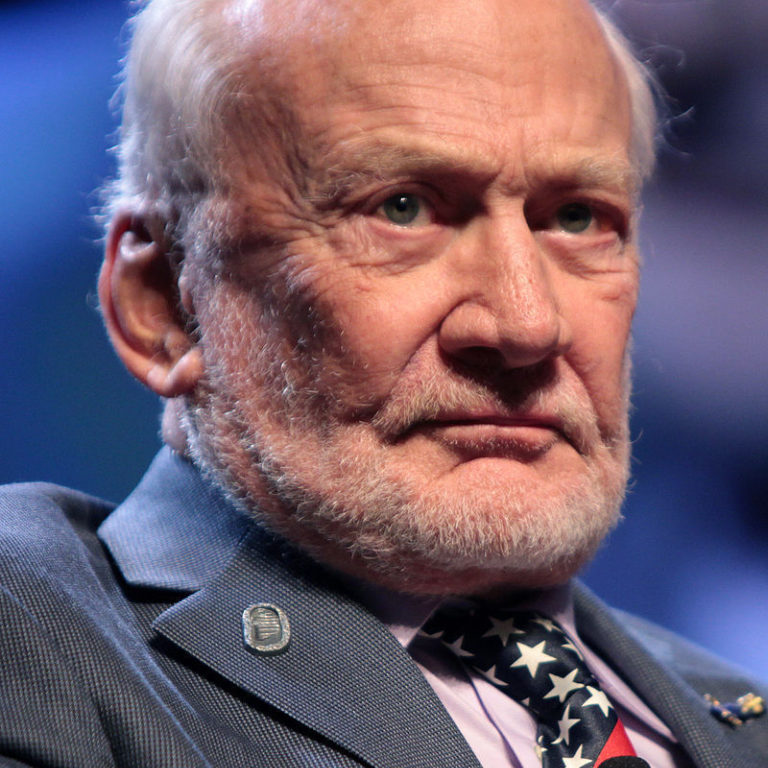Since 2002, Planetary Radio has visited with a scientist, engineer, project manager, advocate, or writer who provides a unique perspective on the quest for knowledge about our Solar System and beyond. The full show archive is available for free.
Search Planetary Radio
Composer Amanda Lee Falkenberg is joined by Cassini project scientist Linda Spilker and retired astronaut Nicole Stott as she shares excerpts from The Moons Symphony.
New research reveals why Earth is on its own in this solar system’s habitable zone where liquid surface water flows, but the same isn’t true across the galaxy.
JPL scientist Kevin Hand is endlessly fascinated by the possibility of life in the hidden oceans of the outer solar system’s moons, and now he has written a great book about the quest to discover it.
Our look ahead at the near-future of solar system exploration continues with Mars, the giant outer worlds, and the smaller bodies that can be found throughout the neighborhood.
Juno mission principal investigator Scott Bolton provides an enticing taste of the Jupiter orbiter’s mind-bending discoveries.
Astrobotic is one of several companies that are building small, robotic landers to take commercial payloads to the surface of the Moon. With a new contract from NASA to support his company’s work, CEO John Thornton looks forward to touching down in 2021. Senior editor Emily Lakdawalla can’t wait for the Europa Clipper to reach Europa, one of Jupiter’s ocean moons. Who doesn’t want more cow bell? Chief scientist Bruce Betts gets his share as he helps us explore the current night sky in What’s Up.
Astrobiology is the discipline that explores the origin of life in the universe, and whether life exists anywhere other than Earth. It’s an increasingly exciting field according to University of Washington Research Associate Michael Wong. Mike reviews the current thinking and provides some of the chemical basis for life as we know it, and possibly as we don’t know it.
magine soaring over what may be the solar system’s most Earth-like world, if you ignore the chill. If funded, the nuclear electric-powered Dragonfly will do exactly this. Principal Investigator Elizabeth “Zibi” Turtle shares her enthusiasm.
A computer model based on our best data about Saturn’s cloud-shrouded moon says that torrential liquid methane pounds the surface far more frequently than previously expected. Sean Faulk and Jonathan Mitchell of UCLA explain.
A holiday edition of Planetary Radio welcomes the Planetary Society’s Senior Editor back from the annual meeting of the American Geophysical Union. Emily reports on amazing developments in planetary science she discovered at the huge conference.
It is most space fans’ favorite planetary science mission, and with good reason. We visit with the man who has been in charge of Voyager mission science for more than four decades.
A new report builds the case for long overdue returns to Uranus and Neptune, while another proposal calls for exploration of the many bodies in our solar system that hide vast water oceans. Jason Callahan, Casey Dreier and Mat Kaplan dive into the troubled waters that determine which planetary science missions will get the limited funds available.
How do you keep a dazzlingly complex spacecraft in good health after 20 years in space? That’s the challenge for Julie Webster and her team of engineers supporting the Cassini mission at Saturn.
Have you seen its stunning image of Jupiter’s south pole? The Juno orbiter is surpassing expectations and delivering surprising science. Scott Bolton, the mission’s Principal Investigator, is back with a thrilling report.
He walked with Neil Armstrong on the moon, but that may not be his greatest legacy. Buzz Aldrin was joined by other space stars at the recent Humans To Mars Summit.
Veteran Jet Propulsion Lab planetary scientist Bonnie Buratti talks with Mat about the wonder of our solar neighborhood that she explores in
The discovery of seven, Earth-sized planets in a nearby solar system was announced last week. Astrophysicist and planetary scientist Sara Seager joins us to share her excitement about this find that includes three planets in the habitable zone.
Rod Pyle reveals bizarre yet fascinating space projects of the past in his new book. Pyle also exposes previously classified information about missions and spacecraft you thought you knew.
Back to the annual meeting of the AAS Division for Planetary Sciences this week, where Mat Kaplan visited with experts on worlds of ice including Titan and Pluto, with a side trip to the dunes of Iran.
Host Mat Kaplan traveled to California’s Mojave Desert for a tour of Virgin Galactic’s The Spaceship Company, where the second SpaceShipTwo was built and is undergoing flight tests. TSC Executive VP Enrico Palermo was his guide.


 Explore Worlds
Explore Worlds Find Life
Find Life Defend Earth
Defend Earth


